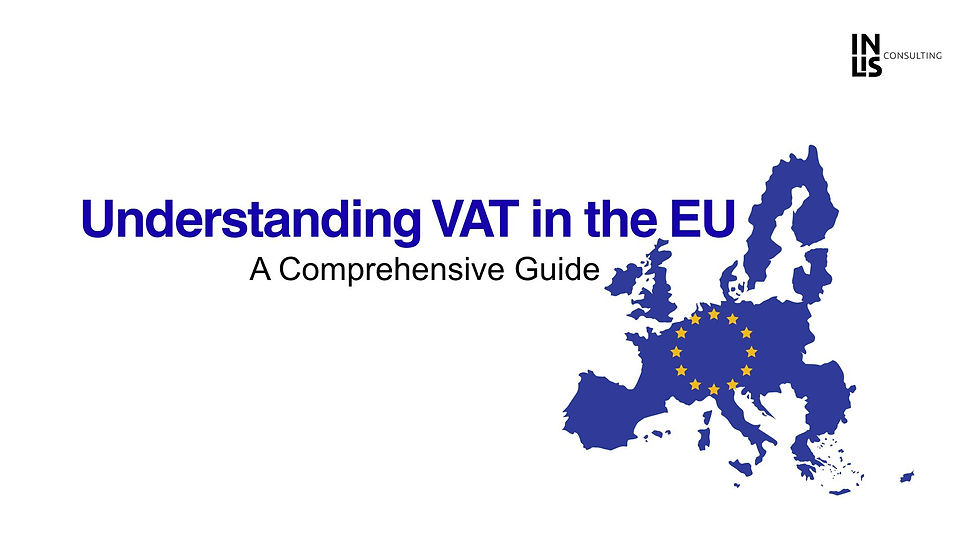Portugal's parliament approved a revised version of the Immigration Law
- INLIS Consulting
- Sep 30, 2025
- 2 min read
In a shocking turn of events on September 30, 2025, Portugal’s parliament approved a revised version of the Immigration Law, signaling a significant tightening of immigration controls in the country.

This decision follows the Constitutional Court’s rejection of a previous, stricter version, making this new law a compromise, but still alarming for many foreign nationals living in Portugal.
Portugal's Immigration Law Key Changes
Family Reunification RestrictionsForeign nationals seeking to reunite with family members now face stricter rules. While the law maintains a two-year residency requirement, it allows slight flexibility for couples with a prior one-year relationship. Additionally, children or dependents with disabilities are granted an exception, but for most families, reunification may become far more challenging.
Residence Permit Renewals TightenedOne of the most controversial aspects of the law is the exclusion of social benefits from the assessment of means of subsistence when renewing residence permits. Proposed by the far-right Chega party and supported by the ruling coalition, this move could disqualify many long-term residents who rely on limited social support, creating uncertainty for thousands.
Political DivideThe law’s approval highlights a deep political rift: it received backing from the Social Democratic Party (PSD), Christian Democratic Centre (CDS-PP), Iniciativa Liberal (IL), and Chega, while the Socialist Party (PS), Livre, Communist Party (PCP), Left Bloc (BE), and People-Animals-Nature (PAN) party opposed it, calling it overly restrictive and potentially harmful to immigrant communities.
Why This Is Alarming
For non-EU nationals, the new Immigration Law introduces a higher level of uncertainty. Family reunification could be delayed or denied, and renewals may now hinge on stricter financial assessments. Many foreign residents who have built their lives in Portugal could face legal and financial hurdles that were previously avoidable.
The exclusion of social benefits from the renewal criteria essentially forces immigrants to demonstrate full financial independence, a demand that could disproportionately affect vulnerable families, students, and those working in low-wage sectors.
Conclusion
Portugal’s enactment of the revised Immigration Law is a wake-up call for foreign residents: while some concessions exist, the overall trajectory is towards more restrictive immigration policies. Those living in Portugal or planning to move there should stay informed, review their legal status, and prepare for stricter application requirements.
The law is expected to reshape the lives of thousands of foreigners, creating new barriers for families and individuals seeking stability in Portugal. The coming months will be critical for understanding how these changes are implemented in practice and how they will affect the immigrant population.




Comments